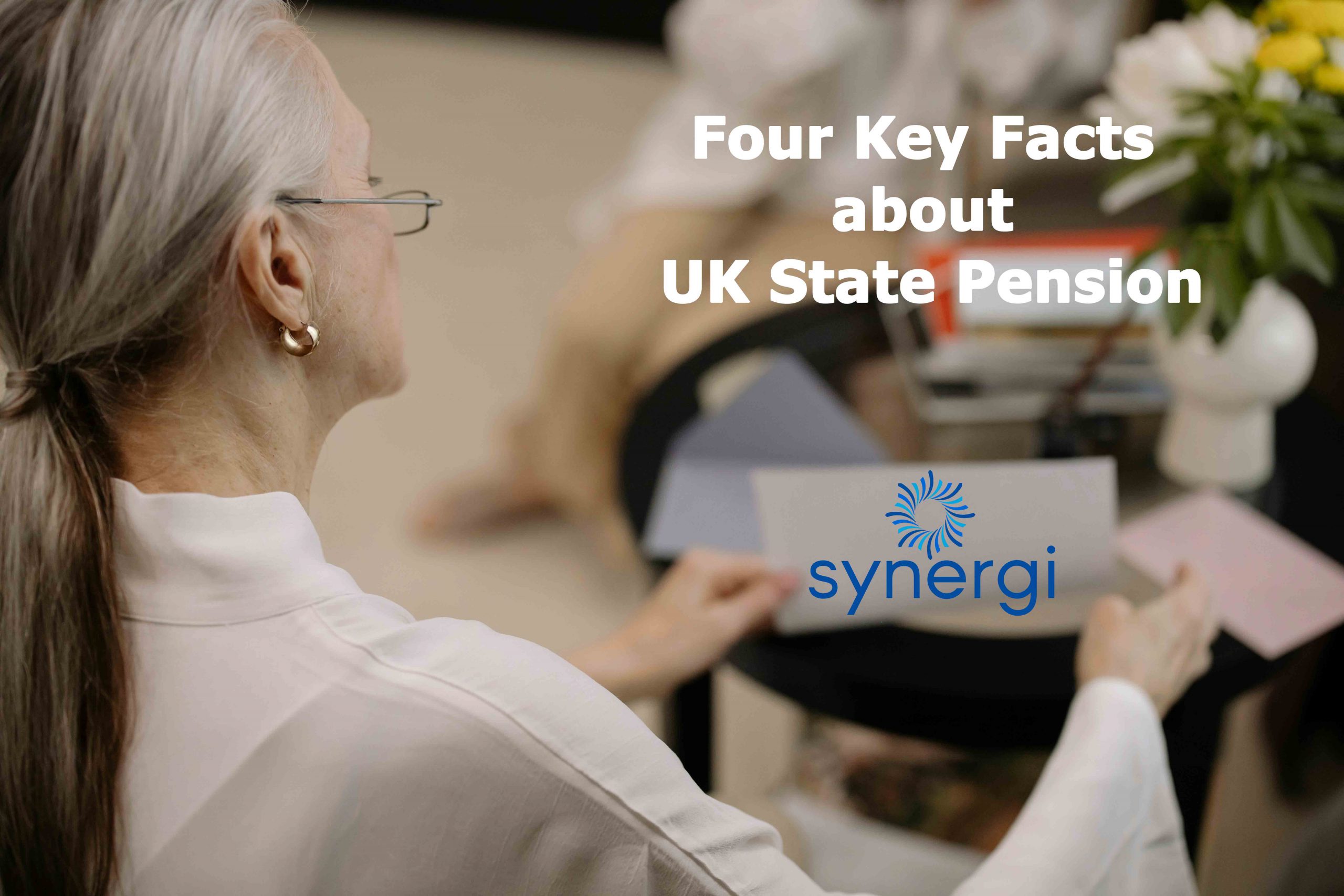- 28th October 2025
- News , Uncategorised
- Comments : 0
Four Key Facts about UK State Pension
We are fast approaching a significant UK Budget Day, 2025 and UK pensions may well be affected by the need of the Labour government to plug the £20-30 billion deficit to comply with their own fiscal rules.
it is perhaps worth remembering 4 Key Facts about UK State Pension.
Before we start, keep in mind that how much State Pension you get, and whether you are eligible to receive it, depends on how many ‘qualifying years’ you have on your National Insurance (NI) record.
A qualifying year is a tax year in which you were working and paying NI contributions. Or one in which you were receiving NI ‘credits’, which you usually get if you’re on particular benefits.
Some people pay voluntary NI contributions, where they essentially buy a qualifying year.
You can read more about how many qualifying years you need on
1. You may be able to increase your State Pension
Still got gaps in your NI record? If you’re not getting, or not on course to get, the full State Pension, there may be things you can do.
NI credits are usually given automatically, but it’s worth checking whether there are any you haven’t received that you’d be eligible to apply for. If you’re successful, you could plug gaps in your NI record for free. Some claims can be backdated.
If not, you could consider plugging gaps by making voluntary NI contributions, if you don’t think you can fill them in any other way (e.g. through work). You can usually pay to plug gaps from the last six tax years. You’ll need to think carefully, as it’s not right for everyone’s circumstances. To find out more, MoneyHelper is a good starting point.
2.Your State Pension can be subject to income tax
The State Pension counts as income, so you could have income tax to pay on it.
But most people are allowed to have £12,570 of income in a tax year without needing to pay tax on it, known as the personal allowance.
Now, the full new State Pension is £11,973 a year. So if that’s your only income, it’ll be covered by your personal allowance.
If you’re getting money from other income sources too, like a pension plan, you might go over your personal allowance. You’d owe tax on anything above it. The tax won’t be taken off your State Pension directly; it’s normally deducted from your other income.
3. The State Pension age is due to rise over the next few years
People can currently claim the new State Pension from 66, but the State Pension age is due to rise to 67 by 2028. Check your own State Pension age on GOV.UK.
4. The State Pension can be deferred or paused
You can delay getting your State Pension, also known as deferring. Doing this means you’ll usually get bigger payments when you eventually do come to claim it.
Some people defer it until they’ve stopped working so that they don’t end up paying tax on both their salary and State Pension.
If you’re already getting your State Pension, you may be able to pause it once and restart it later.
Deferring or pausing won’t be right for everyone and there are a few things to consider. To find out how to defer and what you need to think about, you can visit MoneyHelper.
The information here is based on our understanding in September 2025 and shouldn’t be taken as financial advice.
Your own personal circumstances, including where you live for tax purposes will have an impact on the tax you pay. Laws and tax rules may change in the future.
For more advice about your financial planning needs please contact Synergi via info@synergi-europe.com





